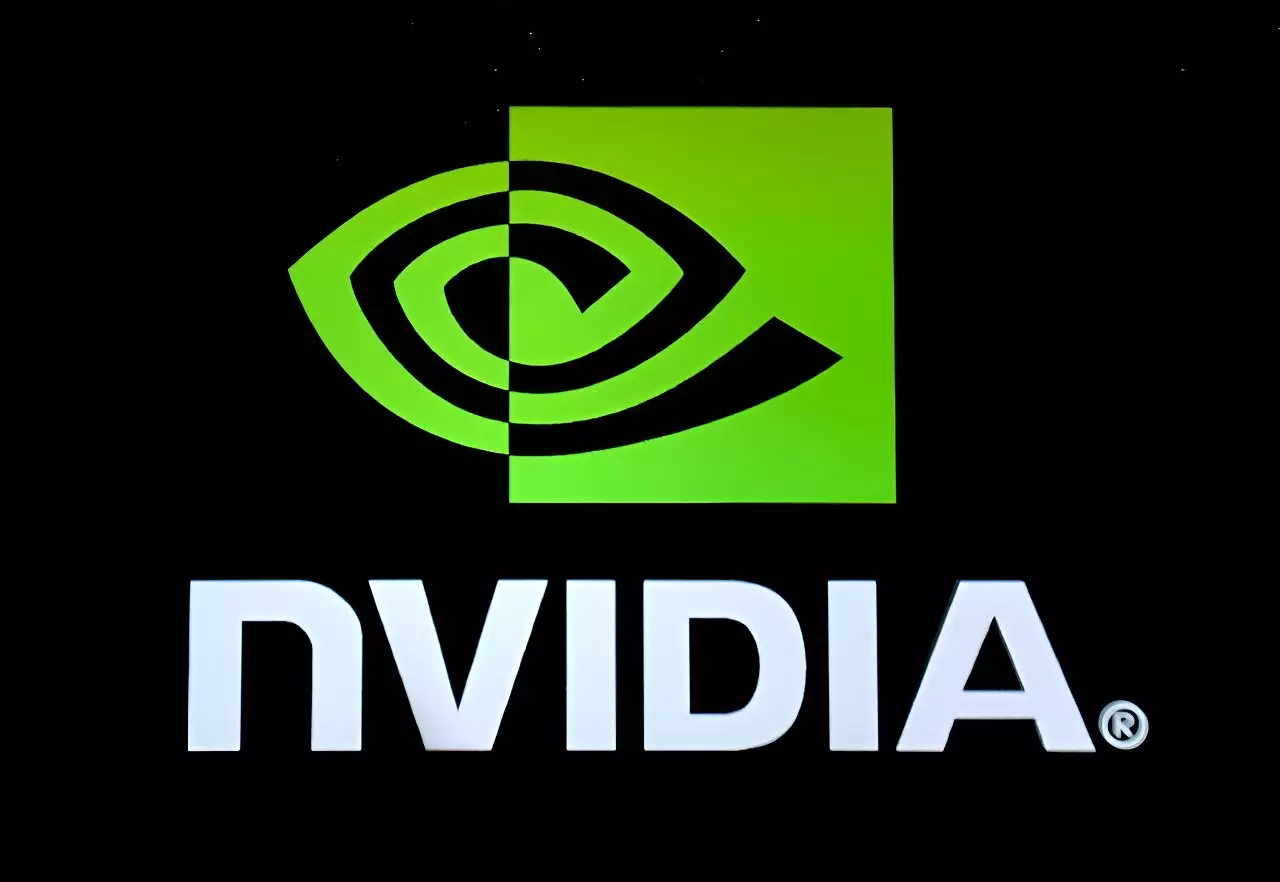Nvidia has established itself as the undisputed leader in the rapidly evolving AI chip industry, a position earned through relentless innovation and compelling performance metrics. While critics accuse the company of leveraging its dominance to stifle competition, Nvidia vehemently defends its business practices, emphasizing that its success stems from merit-based performance and customer choice. The company’s cutting-edge GPUs have become the backbone of the AI revolution, enabling tech giants like Microsoft, Google, and Meta to bring sophisticated generative AI models to life. Its recent quarterly revenue of $30 billion underscores the company’s robustness, even if growth has decelerated slightly amid shifting economic conditions.
Controversy: Monopoly or Meritocracy?
Amid Nvidia’s meteoric rise, regulatory scrutiny intensifies. Reports indicate the US Department of Justice is probing whether Nvidia has manipulated market dynamics to entrench its market position. Allegedly, the company may have implemented tactics that limit customers’ ability to switch to rival chips—raising concerns about anti-competitive behavior. This investigation signals a broader debate about whether tech giants with dominant market shares should be held accountable for practices that may inhibit innovation or fairness. Nvidia’s assertions that it simply offers superior products and value are valid but overlook the subtle barriers embedded within the ecosystem—such as software lock-ins and proprietary standards—that can deter competition.
Market Dynamics and the Future of AI Hardware
Despite the accusations, Nvidia’s dominance highlights a crucial reality: the demand for high-performance AI hardware is surging. Major corporations are investing vast sums into Nvidia’s ecosystem, which has become an industry standard for training and deploying generative AI models. Rivals are alert and striving to compete, but Nvidia’s technological edge remains significant. The challenge lies in balancing healthy competition with fostering innovation rather than fostering a monopolistic environment. Regulatory actions and market responses will shape the landscape, but Nvidia’s core strength—the relentless pursuit of technological excellence—appears to position it favorably for the foreseeable future.
The Broader Implications for Tech and Society
The ongoing debate around Nvidia reflects larger questions about technological leadership, corporate responsibility, and the power of innovation. While the company provides invaluable tools that accelerate AI capabilities across sectors, questions about market fairness and potential overreach are inevitable. Trust and transparency in how dominant players operate are essential to ensure that the AI revolution remains inclusive, competitive, and beneficial for society. Ultimately, Nvidia’s story is a testament to what can be achieved through innovation and strategic foresight—but it also serves as a reminder that the pace of progress must be tempered with accountability to nurture a truly dynamic and fair technological ecosystem.


Leave a Reply